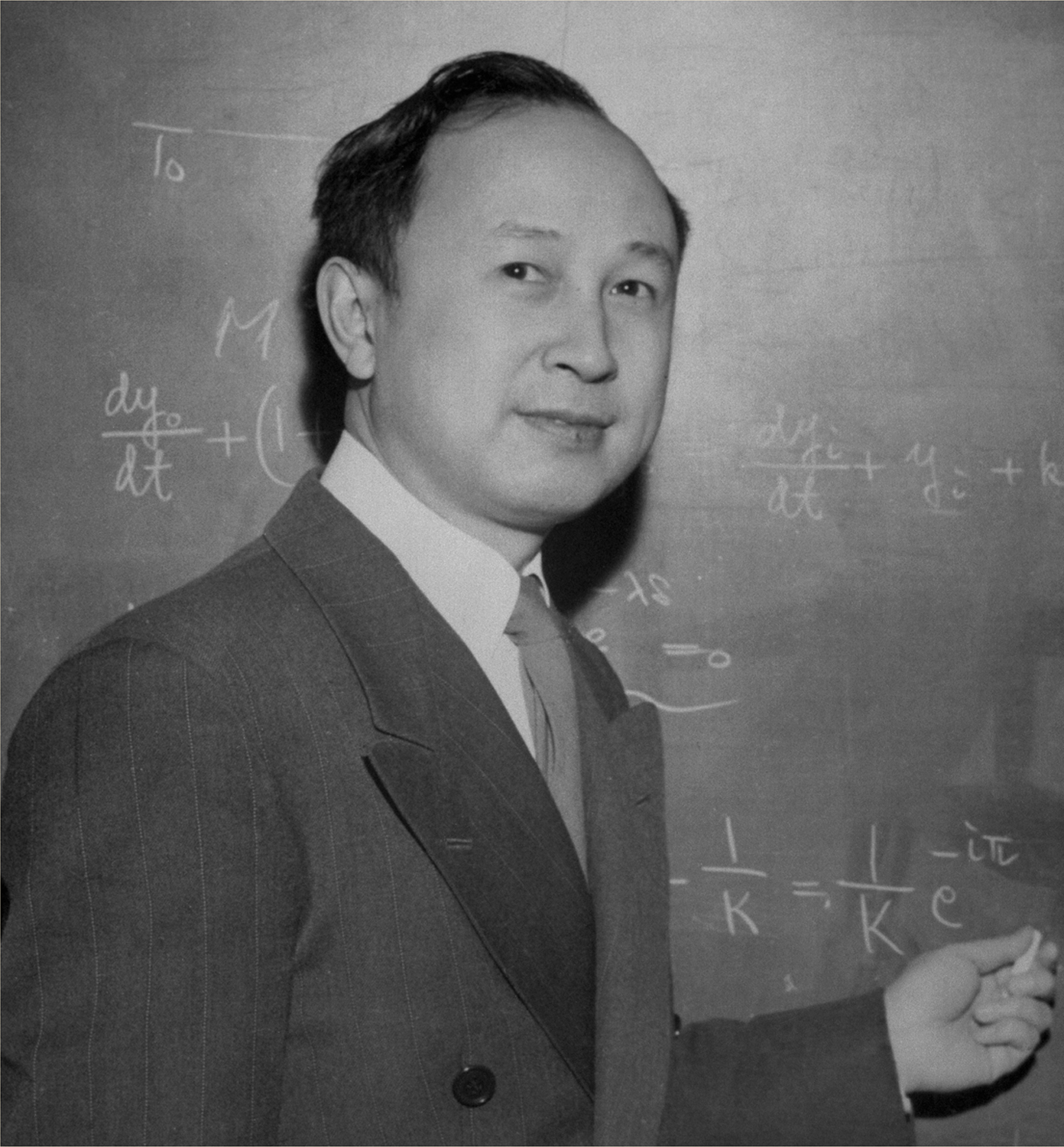Seeking the American Promise: “An Immigrant Scientist Encounters the Anti-Communist Crusade”

Qian Xuesen (Tsien Hsue-
At Caltech, Qian joined a group of scientists working on questions about flight and contributed to the development of theoretical aerodynamics and jet propulsion, which eventually provided a foundation for America’s space program. School officials were so impressed with Qian’s work that they helped him get a visa extension, and in 1942 the government gave him security clearance so that he could work on secret military projects. Qian served on the air force’s Scientific Advisory Board, and after World War II he went on a U.S. mission to interview Nazi scientists in Germany. He spent a year on the faculty at MIT and then traveled home to China amid the turmoil of a civil war between the Communists, led by Mao Zedong (Mao Tse-
In 1949, when he returned to Caltech to direct the Jet Propulsion Center, teach, continue his research, and entertain a close circle of colleagues with classical music and elaborate dinners, Qian seemed to have everything necessary to lead a rich life and pursue his lifelong passion for science. He applied for U.S. citizenship. One year later, after the Communists had taken control of China, the U.S. government revoked Qian’s security clearance. The FBI interrogated him about a group he had socialized with in the 1930s, which the FBI said was a cell of the Communist Party. Qian denied any participation in Communist activities, but the proud, angry, and humiliated scientist concluded that, given the “cloud of suspicion . . .
Qian disembarked in China with his wife and two children to a hero’s reception and a career that would eventually earn him the title of “father of Chinese rocketry.” Denied the full use of his talents by the United States, he organized and led China’s rocketry program, developing its ballistic missiles and satellites. Like anyone who hoped to have a successful career in China, he became a trusted Communist Party official. Though the extremely private scientist said little about his experiences in the United States, he refused to return in 1979 to accept Caltech’s Distinguished Alumni Award. Qian had lost faith in the U.S. government but maintained affection for the American people and sent both his children to study at American universities. Qian died in China in 2009 at the age of ninety-
Questions linger about Qian’s associations and intentions in the United States. A 1999 congressional report maintained that he had been a spy, but his supporters claimed that the report lacked evidence. Every one of his Caltech colleagues vouched for his integrity, and some went to great lengths to defend him against government charges. Dan A. Kimball, who was secretary of the navy in the early 1950s, later said that Qian’s deportation “was the stupidest thing this country ever did. He was no more a Communist than I was—
Questions for Consideration
- What particular aspects of American life and institutions attracted Qian to the United States in the first place, and what made him want to stay in the country?
- How did the timing of events in Qian’s case correlate with domestic and international developments related to the Cold War and McCarthyism?
Connect to the Big Idea
How were other people and ideas silenced during the Red scare?